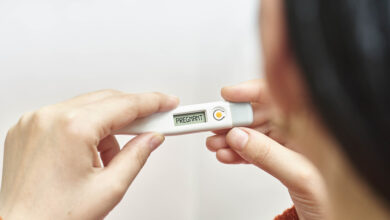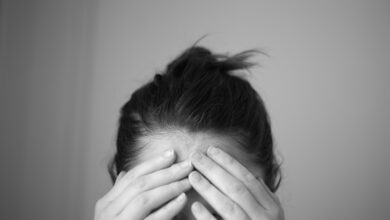Causes of sudden Migraine Headaches: Treatment & Symptoms

There are many potential causes of sudden migraine headaches. One common cause is changes in hormone levels. Women are particularly susceptible to this type of migraine, which often occurs during the menstrual cycle. Other hormonal changes, such as pregnancy or menopause, can also trigger migraines. In addition, some women may experience migraines during hormone replacement therapy.
Another common cause of sudden migraine headaches is stress. Stressful events, such as a job loss, financial difficulty, or a death in the family, can all trigger migraines. People who experience migraines may also be more susceptible to stress than those who do not.
Certain foods and drinks can also trigger migraines. These include aged cheeses, processed meats, chocolate, caffeine, and alcohol. In addition, skipping meals or fasting can also cause migraines in some people.
Environmental factors can also contribute to migraines. Exposure to bright lights, loud noises, or strong smells can all trigger a migraine in some people. Changes in weather, such as changes in barometric pressure or extreme heat or cold, can also be a trigger.
Symptoms of a migraine headache can vary from person to person. However, there are some common symptoms that many people experience. These include a throbbing or pulsing pain on one side of the head, sensitivity to light and sound, nausea and vomiting, and blurred vision. Some people may also experience tingling in the face, arms, or legs, or difficulty speaking.
There are many treatments available for migraine headaches. The first step in treating a migraine is to identify and avoid triggers. If you know that certain foods, drinks, or environmental factors trigger your migraines, try to avoid them as much as possible. Keeping a migraine diary can help you identify triggers and avoid them in the future.
Over-the-counter pain relievers, such as acetaminophen or ibuprofen, can help relieve mild to moderate migraine pain. However, if your migraines are severe, your doctor may prescribe stronger pain medication.
In addition to pain medication, there are several other treatments that may help relieve migraine symptoms. These include:
- Triptans: These medications are specifically designed to treat migraines. They work by narrowing blood vessels in the brain and reducing inflammation.
- Anti-nausea medication: If you experience nausea and vomiting during a migraine, your doctor may prescribe anti-nausea medication to help relieve these symptoms.
- Biofeedback: This therapy involves learning relaxation techniques to help reduce stress and tension, which can help prevent migraines.
In addition to medical treatments, there are several lifestyle changes that may help prevent migraines. These include:
- Getting enough sleep: Lack of sleep can trigger migraines in some people. Aim for 7-8 hours of sleep each night.
- Eating a healthy diet: Avoid foods and drinks that trigger your migraines, and eat a balanced diet rich in fruits, vegetables, and whole grains.
- Exercising regularly: Exercise can help reduce stress and tension, which can help prevent migraines.
- Managing stress: Find healthy ways to manage stress, such as meditation, yoga, or deep breathing exercises.



